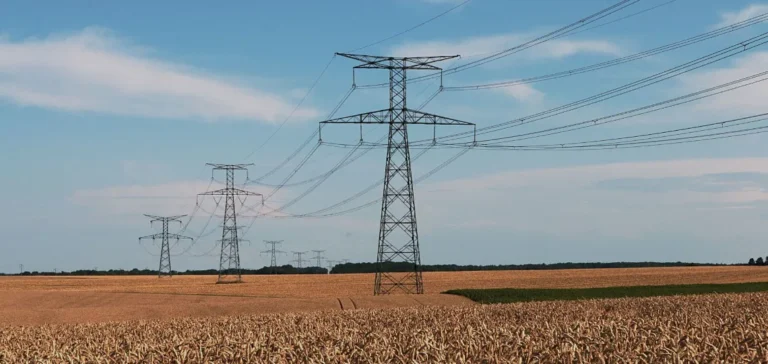A public debate will begin in France on September 4 to examine the transformation programme for the electricity transmission network proposed by Réseau de transport d’électricité (RTE). This initiative is part of the “Ten-Year Network Development Plan”, which forecasts over €90 billion ($97.91bn) in investments over a 15-year period.
An ageing grid to be adapted to new uses
Most of the infrastructure concerned was built between the 1970s and 1980s. Faced with ageing assets, RTE is planning large-scale modernisation in line with the country’s reindustrialisation, decentralised energy production and growing electricity demand. The network must also be able to withstand extreme climate events, such as floods, wildfires and storms, which may affect supply security.
The plan aims to support national carbon neutrality objectives, anticipating a sharp increase in energy demand, particularly from the electrification of industry and transport. This strategic project could become one of the most structurally significant investments in the electricity sector in several decades.
Widespread consultation across the country
The Commission nationale du débat public (CNDP) stated that the consultation will run until January 14, 2026. It will be based on a hybrid format combining local meetings, workshops, forums, webinars and interactive digital tools. Participants will be invited to give their views on the necessity of the plan, its scope, territorial and landscape impacts, and on the conditions required for technical and financial feasibility.
The aim is to facilitate input from all stakeholders, from local authorities to industrial actors and citizens. The process also seeks to document expectations, concerns and suggestions surrounding the future configuration of the national electricity transmission grid.
A trajectory aligned with national energy forecasts
RTE indicated that the plan is consistent with scenarios projecting the structure of the French power system through 2050. The operator expects to intensify interconnections, increase internal transmission capacity, and integrate renewable energy sources on a wide scale.
The CNDP stated that the core question of the public debate will be phrased as follows: “How can we adapt our network to energy, climate and territorial challenges?”






















